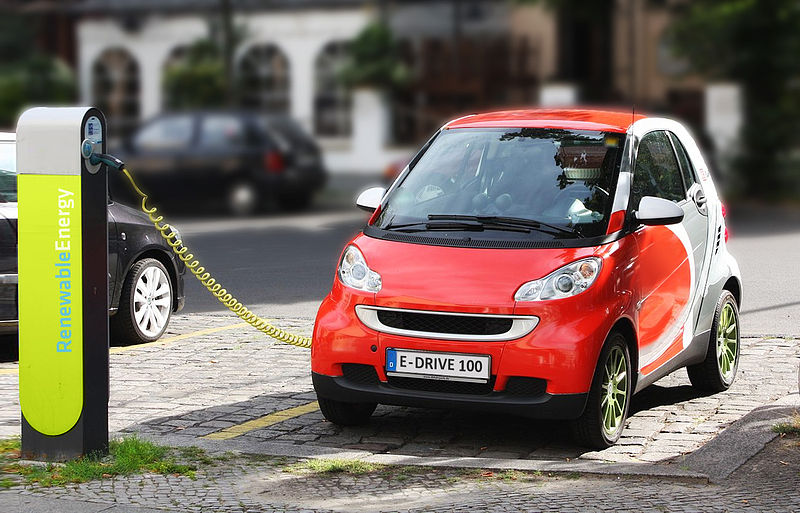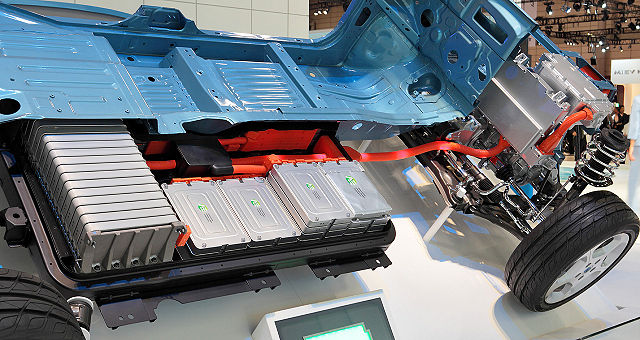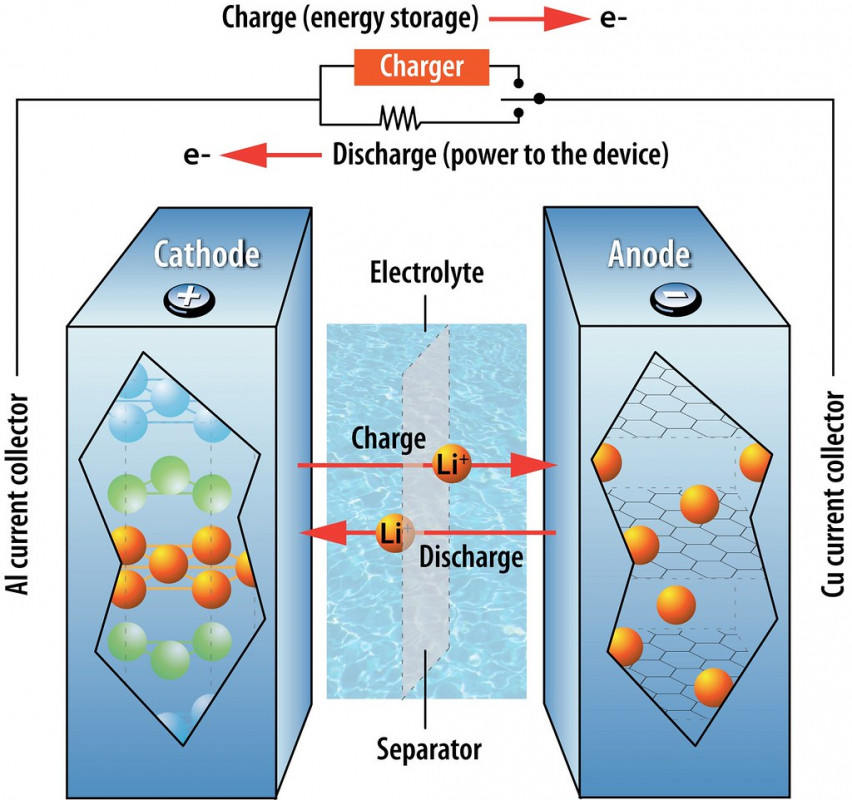 Electric vehicles (EVs) have been long advertised as environmentally friendly vehicles. This is true, to some extent. EVs do not produce any carbon dioxide in the environment, unlike conventional cars.
Electric vehicles (EVs) have been long advertised as environmentally friendly vehicles. This is true, to some extent. EVs do not produce any carbon dioxide in the environment, unlike conventional cars.
But scientists foresee a new problem. Cars run on batteries, and electric cars are no different. So once the battery uses up all its power, what will be done with it?
As the number of electric vehicles in use increases greatly, scientists must discover an effective recycling method for EV batteries.
The Functions of EV Batteries
While electric cars and gas-powered cars essentially function the same, a major difference between the two is their batteries.
 Electric vehicles use lithium-ion batteries (similar to the kind used in our phones), which are larger and heavier than a non-EV car’s lead-acid batteries. Instead of fuel, EVs rely directly on their batteries for a source of energy.
Electric vehicles use lithium-ion batteries (similar to the kind used in our phones), which are larger and heavier than a non-EV car’s lead-acid batteries. Instead of fuel, EVs rely directly on their batteries for a source of energy.
When charging, electricity triggers chemical changes within the battery. On the road, the chemical changes convert to electricity, this powering the car. The continuous charge-discharge process diminishes the charge the battery can hold. Thus the distance and time between the car’s next charging session decrease.
When a battery is at a point where it no longer charges/discharges, it must be discarded for a new battery. The battery’s average lifespan ranges from 5-8 years to 10-20 at most, so drivers will replace EV batteries multiple times in the car’s life.
Major Issues and Possible Solutions
 A major issue with EV batteries is the inconvenience they pose during dismantling. EV batteries are made up of several hundred lithium-ion cells. Each cell contains hazardous materials and must be dismantled individually. If not dismantled correctly, the battery cell may even explode.
A major issue with EV batteries is the inconvenience they pose during dismantling. EV batteries are made up of several hundred lithium-ion cells. Each cell contains hazardous materials and must be dismantled individually. If not dismantled correctly, the battery cell may even explode.
Additionally, recycling methods that do exist for these batteries are energy and cost-intensive. In fact, in the European Union and the US, lithium-ion battery recycling rates are only 5%. The rest, discarded, damages the environment.
Companies are trying to find solutions. Nissan, a car company, is reusing their electric car batteries in automated guided vehicles in their factories. These vehicles deliver car parts to workers. Volkswagen also uses its batteries like Nissan, but also recently opened its first recycling plant. Located in Salzgitter, Germany, the plant is expected to recycle up to 3,600 batteries per year.
Meanwhile, Renault is now working with French waste management company Veolia and Belgium chemical firm Solvay to recycle all their batteries. Scientific institutes are also paying attention to the lithium-ion battery issue. Faraday Institution’s ReLib project aims to make lithium-ion battery recycling more efficient and cost-effective. One of their approaches is to manually dismantle batteries instead of melting them all into one large mass of mixed metals, which needs energy-intensive processing to recover individual materials.
EV battery recycling is an important issue and one that can benefit both the car companies and the environment.
Sources: BBC, Energy.gov, acs.org, edfenergy.com







